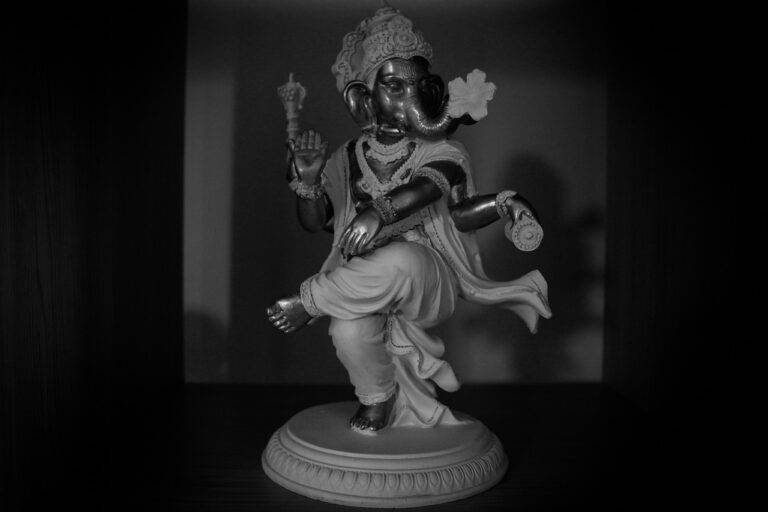Investigating the impact of campaign finance on political polarization
Campaign contributions play a crucial role in shaping the political landscape, with donors often aligning themselves with candidates who mirror their ideologies. This financial support serves as a way for individuals and interest groups to amplify their voices and further advance policies that resonate with their beliefs. By backing candidates who share their political ideologies, donors not only contribute to campaigns financially but also influence the direction in which these candidates steer the political discourse.
Moreover, the relationship between campaign contributions and political ideologies can lead to questions about the true motives behind certain policy decisions and legislative actions. Critics argue that large contributions from special interest groups can sway politicians to prioritize the interests of these donors over the needs of the general public. This intertwining of money and politics raises concerns about the integrity of the democratic process and the extent to which campaign contributions shape political ideologies and decision-making within government institutions.
The Influence of Dark Money on Political Discourse
In the realm of political discourse, the presence of dark money has become a significant concern. Dark money refers to funds contributed to political campaigns that come from undisclosed sources, often funneled through nonprofit organizations to mask the identity of donors. This influx of undisclosed funds has the potential to distort the democratic process by allowing special interests to wield undue influence without accountability.
The opacity surrounding dark money contributions raises questions about transparency and accountability in political campaigns. With donors able to operate in the shadows, the public is left in the dark about who is financing political messages and agendas. This lack of transparency not only undermines the integrity of the electoral process but also hampers voters’ ability to make informed decisions based on the full scope of information available.
The Role of Super PACs in Fueling Partisan Divides
Super PACs have become a prevalent force in American politics, using their vast financial resources to shape the landscape of elections. By pouring money into campaigns and advertisements, these independent expenditure committees have the ability to amplify certain messages and drown out others. This heavy influence on the political discourse often leads to increased polarization and deepening partisan divides within society.
Furthermore, the nature of Super PACs allows for wealthy individuals and corporations to have an outsized influence on the electoral process. This concentration of power in the hands of a few can distort the representation of diverse voices and interests within the political arena. As a result, Super PACs have been criticized for exacerbating existing divisions along party lines and undermining the democratic principle of equal participation and representation.
What are Super PACs?
Super PACs, or political action committees, are independent organizations that can raise unlimited amounts of money to support or oppose political candidates.
How do Super PACs contribute to partisan divides?
Super PACs can pour vast sums of money into political campaigns, often backing candidates who align with their donors’ interests. This can exacerbate partisan divides by amplifying extreme viewpoints and drowning out more moderate voices.
What is dark money?
Dark money refers to funds raised for political activities that are not required to disclose their donors. This lack of transparency can allow special interests to wield significant influence over political discourse without accountability.
How does dark money impact political discourse?
Dark money can distort political debates by allowing wealthy individuals or corporations to secretly fund ads and other forms of communication that promote their preferred candidates or policies. This can further polarize the electorate and undermine the democratic process.
What can be done to address the influence of Super PACs and dark money?
Some proposals to address the influence of Super PACs and dark money include increasing transparency requirements for political donations, implementing stricter campaign finance regulations, and promoting public funding for elections. Ultimately, it will require a concerted effort from policymakers and the public to curb the influence of money in politics and promote a more inclusive and balanced political discourse.







